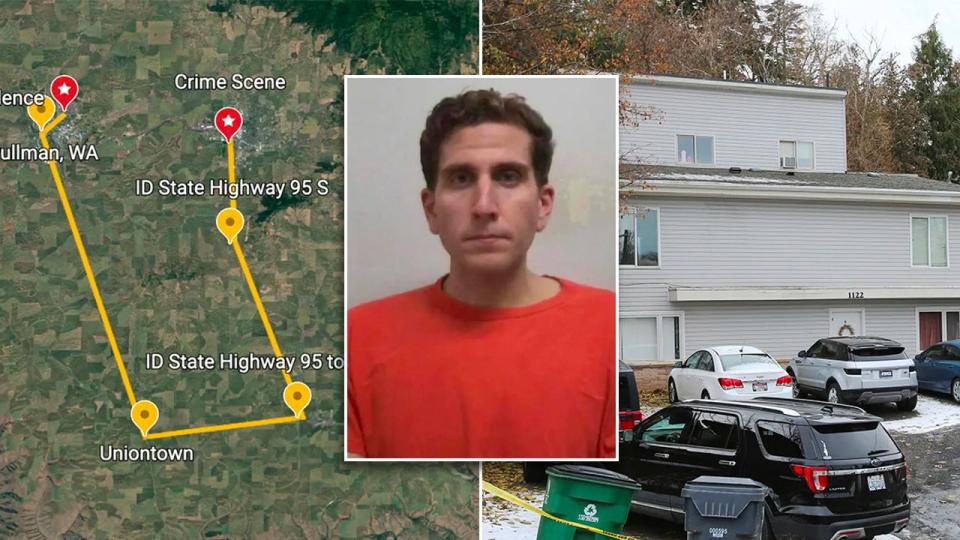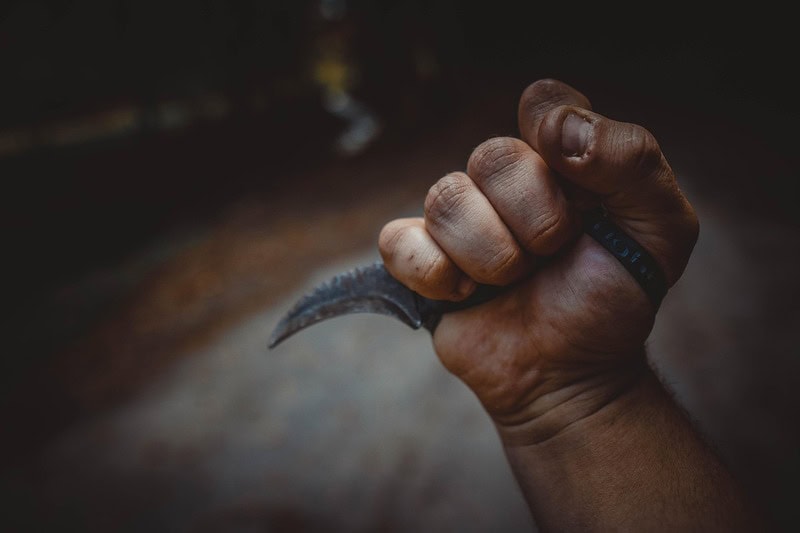The judge presiding over Bryan Kohberger’s case has denied motions filed by his defense team. In one motion, they requested the DNA evidence be suppressed during the trial. They argue the evidence is invalid due to the unconstitutional manner in which it was obtained. Additionally, they disagree with the use of IGG or Investigative Genetic Genealogy and believe it can be inaccurate. This DNA evidence obtained directly connects Kohberger to the Idaho college murders, and if it is dismissed, the prosecution may not have a leg to stand on.
The Idaho College Murders
Kohberger was arrested for the murders of four University of Idaho students named Madison Mogen, Xana Kernodle, Ethan Chapin, and Kaylee Goncalves. The four individuals were at their off-campus home on November 13, 2022, when they were brutally stabbed to death. Kohberger was charged with burglary and four counts of first-degree murder, which he will face at his upcoming trial. He maintains his innocence, but he will face the death penalty if he is convicted.
According to Moscow, ID police, on November 12, 2022, Mogen and Goncalves went to the Corner Club bar. Kernodle and Chapin went to a fraternity house the same night. Just before 2 a.m. on November 13th, Goncalves and Mogen visited a local food vendor before getting a ride home. The couple arrived home around the same time. Police believe the slayings occurred between 4 a.m. and 4:25 a.m.
One of the surviving roommates heard crying from Kernodle’s room, and a male voice comforted her. When she opened the door to check on the crying woman, a 5’10 man dressed in all black walked past her. Later in the morning, the two surviving roommates called the police because they thought one of their upstairs roommates was unconscious. When they arrived, they found a brutal scene of four young students stabbed to death.
Denied Motions
During the investigation, investigators conducted several searches, including rummaging through Kohberger’s trash at his family home. Through that warrantless search, they obtained DNA that matched another set of DNA that was found on a knife at the crime scene. The Ada County Judge Steven Hippler dismissed the defense’s argument that the evidence was obtained unconstitutionally. He said, “Defendant has not met his threshold burden of demonstrating that constitutional violation occurred with regard to any of the three searches.”
The judge also denied the defense’s request for a Franks Hearing, which means the search warrants in question will not be examined to determine whether they were properly obtained. Since the judge denied all of the defense’s motions, multiple key pieces of evidence will be used in the trial. Some evidence they attempted to conceal includes Kohberger’s cell phone and email records, surveillance footage, previous Amazon purchases, and DNA evidence.
Thoughts on Bryan Kohberger’s Case
Bryan Kohberger’s trial is scheduled to begin in August and is expected to last several months, considering the large amount of evidence and testimony to be presented from both sides. Authorities have surveillance footage of the suspect’s vehicle from the night of the murders. Surveillance tracks the white Hyundai Elantra back to Pullman, Washington, where Kohberger lived. They tracked his phone usage and location from that night, but it was off between 2:47 a.m. and 4:48 a.m., which is when the murders took place.
Besides the DNA evidence, Kohberger’s phone might be the prosecution’s nail in the coffin. His phone is tracked as being near the victim’s house 12 times before the murders and once nearly 5 hours after the murders. He does not have a confirmed alibi because he allegedly drove through the night into early morning, which is suspicious. What does not make sense is the motive he would have. The stabbings were considered premeditated, and Kohberger has no apparent connection to the victims.









